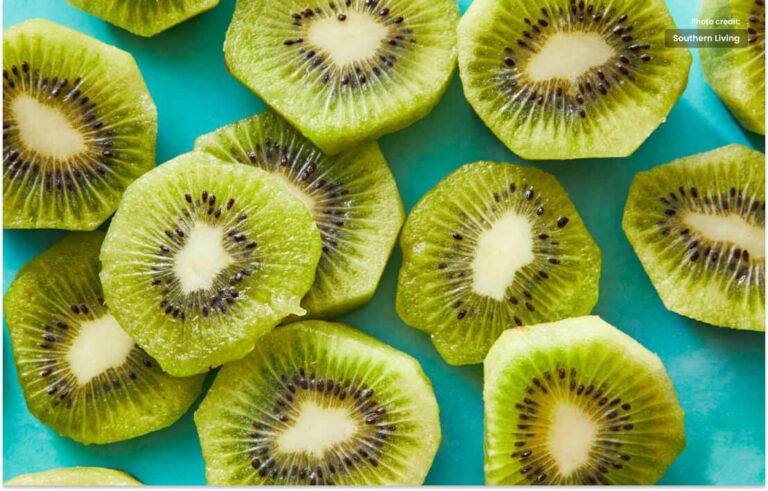Don’t let these 15 mistakes sabotage your small business dreams.
Starting and running a small business is an exciting venture, but it also comes with its fair share of challenges. Many entrepreneurs make typical blunders that jeopardize their success. To help you navigate this journey effectively, we’ve compiled a list of 15 mistakes for small businesses. Whether you are a seasoned business owner or just starting out, this article will provide valuable insights to ensure your business thrives.
1.Neglecting a Business Plan
Have a roadmap for success
Starting a business without a well-defined business plan is a recipe for disaster. A solid plan will outline your goals, target audience, marketing strategies, and financial projections. Without this roadmap, you may find yourself directionless, making it difficult to stay focused and make informed decisions and make less risk that make mistakes for small businesses
2. Ignoring Market Research
Understand your audience
Many small businesses overlook the importance of thoroughly understanding their target market. Conducting market research helps you identify your customers’ needs, preferences, and pain points. Without this knowledge, you risk developing products or services that don’t resonate with your target audience.
3. Overlooking Competition
Learn from others
Failing to analyze your competitors can put your business at a significant disadvantage. Study their strengths and weaknesses to identify opportunities and threats. By understanding what makes your competitors successful, you can differentiate your business and offer unique value to your customers.
4. Neglecting Financial Planning
Stay financially healthy
Inadequate budgeting and financial planning can lead to financial instability. Monitor your cash flow, create a realistic budget, and maintain accurate financial records. Regularly review your financial performance to make informed decisions and address any issues promptly.
5. Lack of Marketing Strategy
Promote your business effectively
Without a well-thought-out marketing strategy, your business may struggle to reach its target audience. Identify the most effective channels to promote your products or services and allocate a reasonable budget for marketing efforts. Consistently measure your marketing performance to optimize your strategy.
6. Not Embracing Technology
Leverage the power of technology
In today’s digital age, businesses that fail to embrace technology risk falling behind. Utilize software, automation tools, and online platforms to streamline processes, improve efficiency, and enhance customer experience. Stay up to date on technical breakthroughs to stay competitive.
7. Neglecting Customer Feedback
Listen and improve
Ignoring customer feedback can hinder business growth. Actively seek customer feedback through surveys, social media, or direct communication. Use this information to refine your products, services, and overall customer experience. Happy customers can become your most powerful advocates.
8. Poor Hiring Decisions
Assemble a strong team
Your team plays a crucial role in the success of your business. Hiring solely based on qualifications can overlook critical aspects such as cultural fit and attitude. Take the time to assess candidates holistically, considering their skills, values, and passion for your business.
9. Inadequate Employee Training and Development
Invest in your team
Neglecting employee training and development can hinder productivity and growth. Provide regular training opportunities to enhance skills, encourage innovation, and foster personal growth. A well-trained team is more likely to contribute to the long-term success of your business.
10. Failure to Adapt and Innovate
Stay ahead of the curve
In business, adaptability and innovation are key. Failing to adapt to changing market dynamics or neglecting to innovate can result in stagnant growth. Continuously monitor market trends, listen to customer feedback, and be open to implementing necessary changes.
11. Ineffective Time Management
Maximize productivity
Time management is essential for small business owners who often wear multiple hats. Prioritize tasks, delegate when necessary, and avoid multitasking, as it can decrease efficiency. Utilize productivity tools to streamline your daily operations and make the most of your time.
12. Lack of Networking
Build valuable connections
Isolating yourself from the business community can limit opportunities for growth. Attend industry events, join professional associations, and actively network. Building relationships with like-minded individuals can lead to collaborations, partnerships, and valuable advice.
13. Poor Customer Service
Delight your customers
Providing exceptional customer service is paramount. A dissatisfied customer is more likely to share their negative experience, tarnishing your reputation. Train your team to deliver outstanding customer service, promptly address complaints, and go the extra mile to exceed customer expectations.
14. Failure to Delegate
Trust your team
Many small business owners fall into the trap of micromanaging. Delegating tasks effectively not only frees up your time but also empowers your team. Trust your employees’ abilities and allow them to take ownership of their responsibilities.
15. Neglecting Self-Care
Prioritize your well-being
Running a small business can be demanding, often blurring the lines between work and personal life. Neglecting self-care can lead to burnout and decreased productivity. Make time for activities you enjoy, set boundaries, and prioritize your physical and mental well-being.
Conclusion
Running a small business is no easy task, but avoiding mistakes for small businesses can significantly increase your chances of success. By creating a solid business plan, understanding your market, embracing technology, and prioritizing customer satisfaction, you’re setting yourself up for growth and longevity. Remember, learn from your mistakes, adapt to change, and always strive to improve. Your perseverance and dedication will reward you tenfold in the long run.
Click here for International news today
Visit Our Urdu Site













